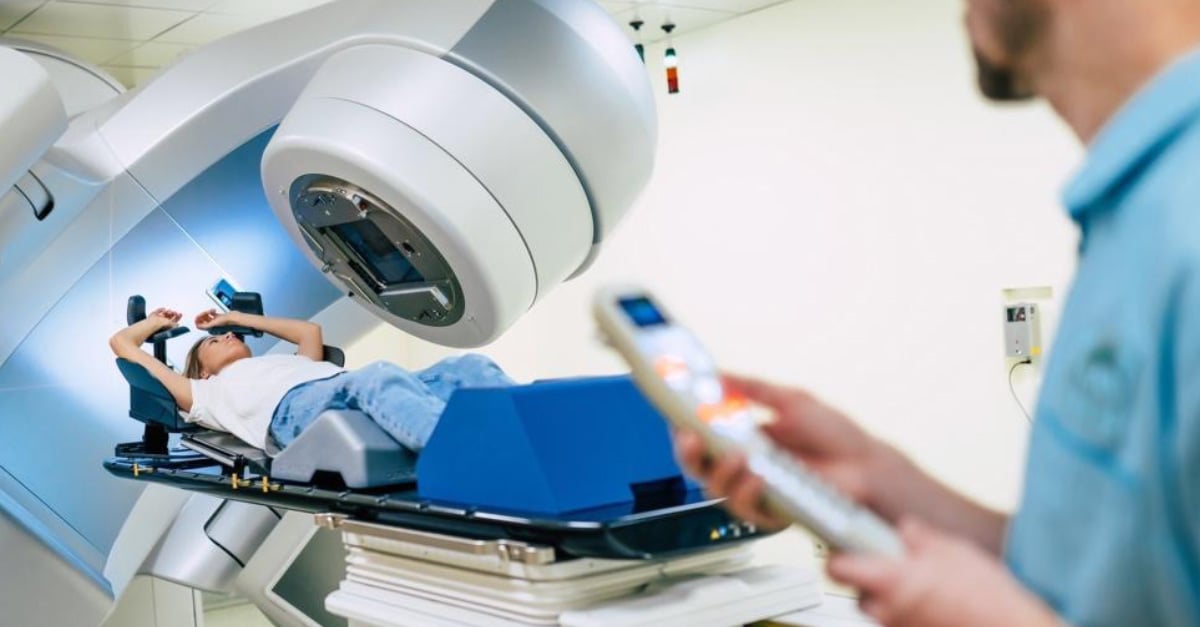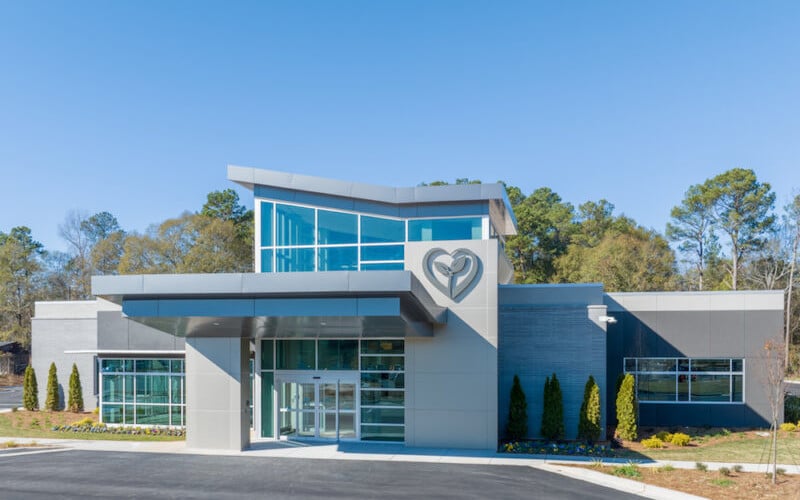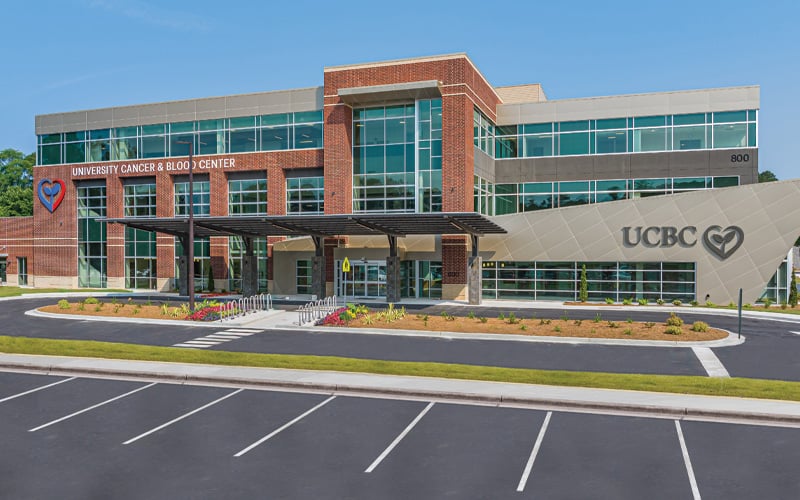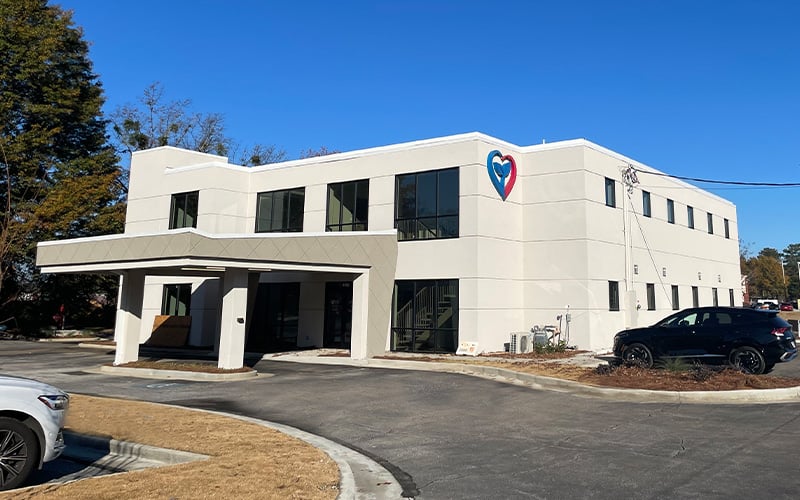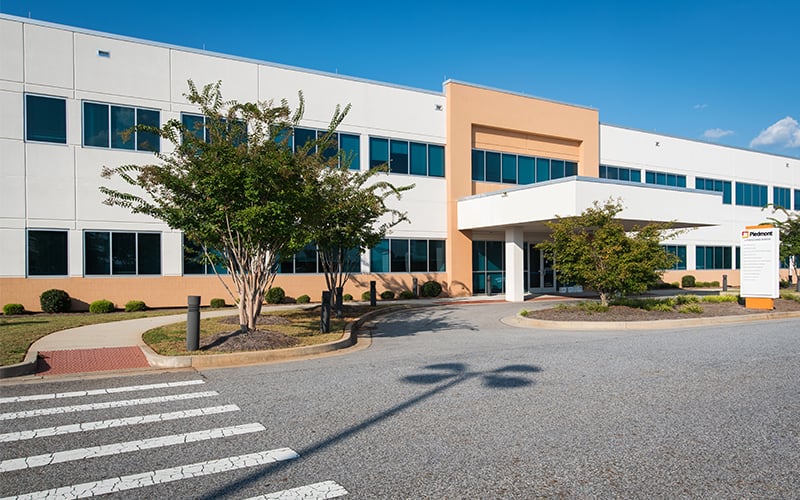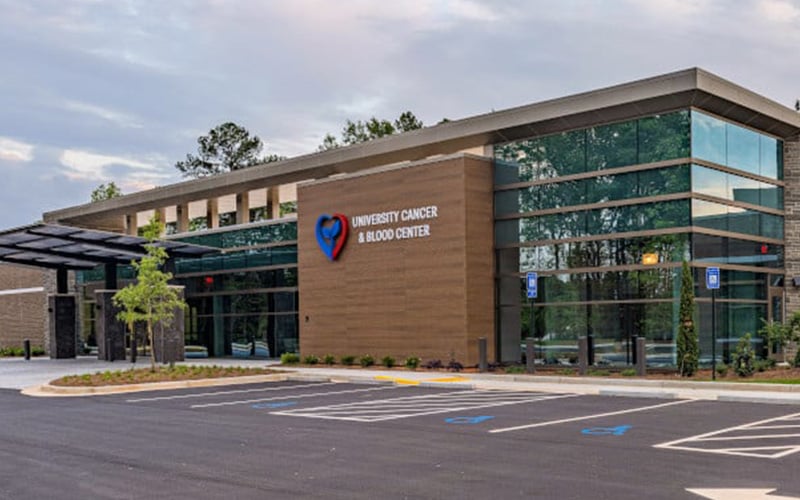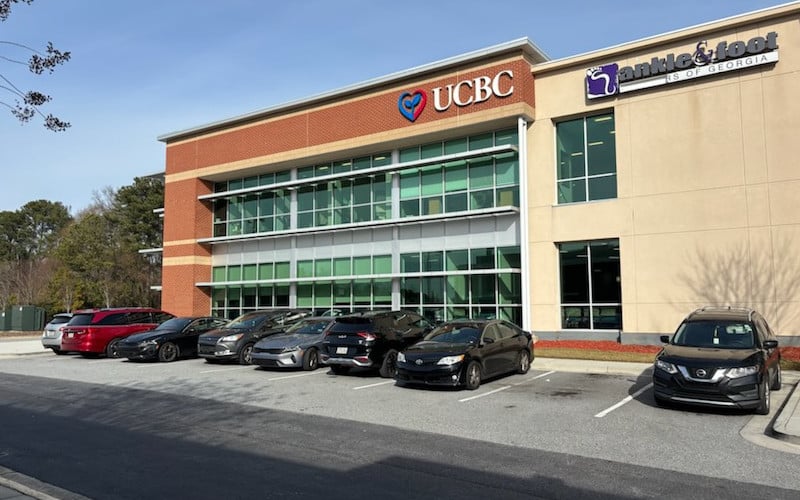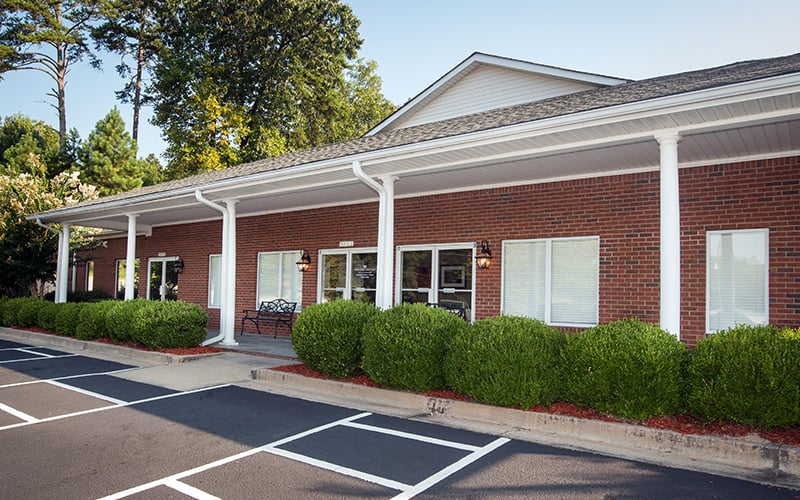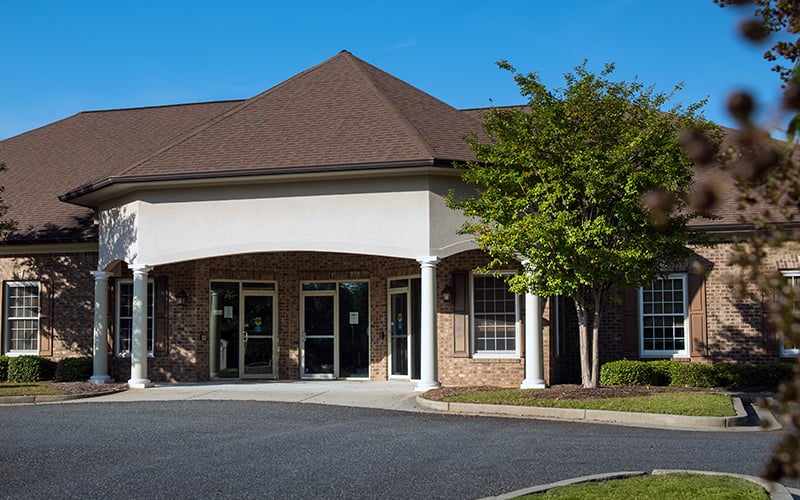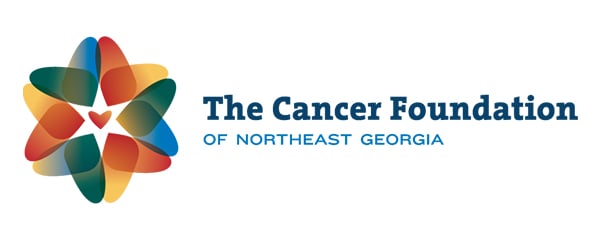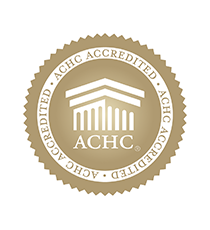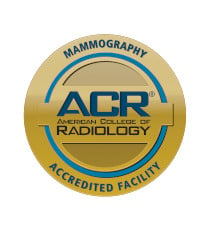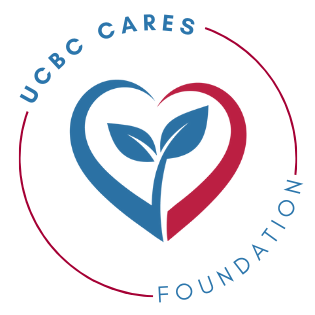According to the Centers for Disease Control and Prevention, 1,752,735 new cancer cases were reported in the United States in 2019. The total number of patients receiving radiation therapy for initial cancer treatment increased by 22% — from 470,000 to 575,000 per year — between 2010 and 2020.
With this rise in usage comes many questions about radiation oncology and how it fits into broader cancer treatment plans.
“Radiation oncology is one of the crucial pillars of cancer treatment today,” said UCBC oncologist Dr. Gordon Schoenfeld. “Here at University Cancer & Blood Center, our radiation oncologists work closely with medical oncologists, surgeons, and other doctors to coordinate the best possible care for our patients.”
Here we will break down some of the frequently asked questions our oncology team receives about this field of cancer treatment.
What Is Radiation Oncology?
Radiation oncology or radiation therapy uses carefully targeted and regulated doses of high-energy radiation to kill cancer cells. Radiation causes some cancer cells to die immediately after treatment, but most die or become incapacitated as a result of the radiation-induced damage to the cancer cell’s chromosomes and DNA.
There are two primary categories of radiation oncology: external beam radiation and internal radiation.
- External beam radiation therapy uses a machine outside the body which aims and delivers radiation where the cancer is located. The device can move around the body to point the radiation at the precise location from different directions.
- Internal radiation therapy is where a physician puts a solid or liquid radiation source inside the body. This may include brachytherapy where the radiation source is in a capsule or systemic radiation where a radiopharmaceutical is given by mouth or put into the vein.
What Is the Difference Between Radiation Oncology and Medical Oncology?
While radiation oncology utilizes high-energy x-rays or other particles to destroy cancer cells, medical oncology treats cancer using medication, including chemotherapy, immunotherapy, and targeted therapy.
So how do you know if you need radiation therapy or chemotherapy? The type of therapy needed depends on a few factors: what kind of cancer, what stage, and how far along the cancer has progressed. Your doctor will help you determine which therapy or combination of therapies you need. Both therapies happen over a period of weeks in regular visits to the doctor’s office or the hospital.
Who Is on a Radiation Oncology Care Team?
At UCBC, your care team works together to evaluate, develop, and execute the best treatment plan for you. Just within the area of radiation treatment, there are a number of doctors involved in the process. The typical radiotherapy care team consists of:
- Radiation Oncologists – Radiation oncologists determine if radiotherapy is appropriate, review side effects, develop a treatment plan, and ensure treatment is given at the proper dose and location.
- High Specialty Radiation Oncologists – These oncologists fulfill the same criteria as radiation oncologists, except they take on additional roles in treating specific demographics or cancer types.
- Radiotherapy-Trained Pathologists – Pathologists are responsible for reading laboratory tests and, depending on their skills, may double as diagnostic radiologists. These pathologists focus on the tissues surrounding a targeted area and side effects from radiotherapy.
- Therapeutic Medical Scientists – Therapeutic medical scientists typically hold a doctorate in particle physics and oversee the dose planning and targeting aspects of treatment. They tailor each treatment to the unique properties of a person’s tumor.
The expert oncologists at UCBC treat a wide variety of cancers using a multi-faceted, customized approach. Find out more about how we can help you by contacting us or giving us a call at 706-548-0500!
